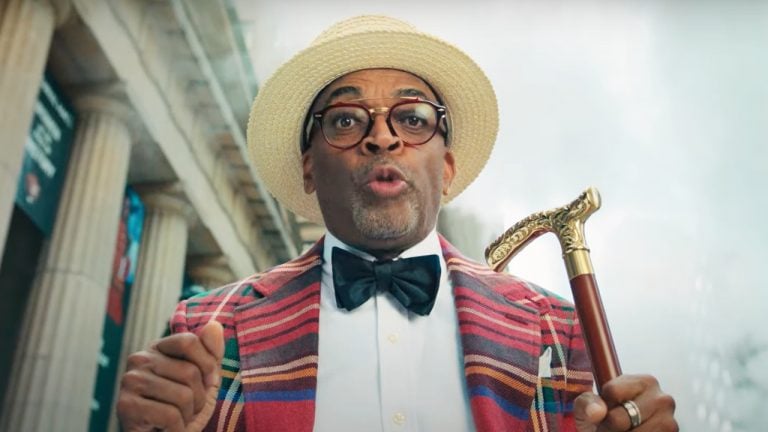
The back story that eventually reveals itself in the new film is considerably changed from the original, which may upset some purists. Accomplished with the assistance of a young woman (Elizabeth Olsen) whom he meets on the street, this quest is the meat of both movies. It’s an impressive battle nonetheless.įor Joe, the real trick isn’t hunting down his adversary, however, but figuring out why he was imprisoned. Here, Lee’s style is less formal, and characterized by more fluid, naturalistic camera movement. Park’s amazingly choreographed fight – an extended set piece in the original – was shot like moving frames of a comic book, by a camera that tracked back and forth along a static hallway. For another thing, the guy who locked Joe up actually wants to be found, despite surrounding himself with layers of ruthless bodyguards, a couple dozen of whom Joe plows through, armed only with a claw hammer.įans of the 2003 film will be glad to see that Lee has kept this famous scene from the original. For one thing, Joe remembers the taste of the dumplings so vividly that he is able to identify the restaurant, following a delivery man back to the site of his incarceration, where he tortures a henchman (the great Samuel L. I guess that’s inflation for you.)įinally, after marinating in enough resentment to pickle his heart, Joe is released, with one thing on his mind: vengeance against whomever imprisoned him. (In the manga, it was 10 years in the first film, 15. “Oldboy” is grand opera shoved into the shoebox of a murder mystery.Īs in the original, Lee’s “Oldboy” revolves around a man (Josh Brolin, here given the Everyman moniker of Joe) who wakes up after a bender to find that he’s been imprisoned in what seems to be a seedy, windowless hotel room where’s he fed, through a hole in the locked door, the same carryout Chinese dumplings every day for the next 20 years.
Old boy spike lee series#
In trying to adapt the source material – not just the 2003 film, but the late 1990s Japanese manga series on which it was based – Lee and writer Mark Protosevich (“The Cell”) have jettisoned some details while reshaping others, all the while keeping the essential outlines of the baroque and quite frankly bizarre tale of punishment and redemption intact. It’s a strange, yet not entirely unsatisfying, fit.

Which is kind of weird, considering that the source material is not Hitchcockian in the least.

There’s a nice Hitchcockian quality to the new “Oldboy,” Spike Lee’s remake of Korean director Park Chan-wook’s cult film of revenge and regret.


 0 kommentar(er)
0 kommentar(er)
